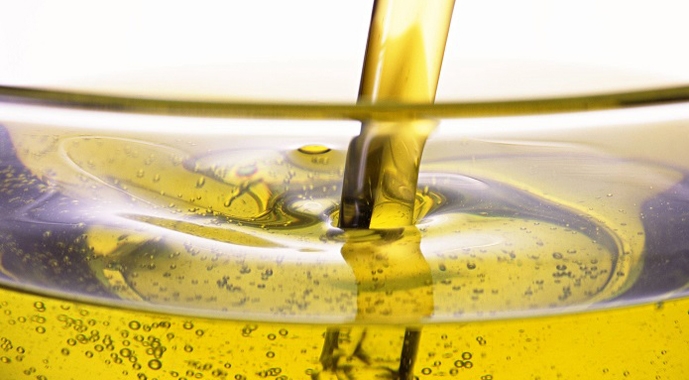China's vegetable oil market faces a period of turbulence

Chinese analysts believe that the increase in vegetable oil supply will increase uncertainty in the market. Palm oil consumption in Malaysia is difficult to predict, and the US cannot decide on its biodiesel policy. Domestic trade in rapeseed oil will also be limited, as the volume and timing of Australian rapeseed supplies are unknown.
The September report of the MPO surprised with a sharp drop in domestic demand for palm oil in Malaysia to 330 thousand tons, due to which stocks increased to 2.361 million tons and exceeded expert forecasts. Historically, consumption in Malaysia was 280-320 thousand tons, but in June it reached 453 thousand tons, in July - 462 thousand tons, in August - 499 thousand tons, that is, in 3 months it exceeded the norm by 500 thousand tons. The lack of explanations from the MPO makes it difficult to forecast the market.
In Indonesia, stocks have increased slightly, but the market is influenced by the government's biodiesel policy. If the B45/B50 standards are introduced, demand for palm biodiesel will increase by 1.5/3 million tonnes, so exports will depend on the ability to increase production.
The Environmental Protection Agency (EPA) in September reallocated the allowances for 2023-2027, exceeding market expectations. However, uncertainty over the subsequent allocation could delay a final decision.
Amid the US shutdown, traders are taking long positions, which is putting pressure on soybean oil prices. So far, the domestic supply of soybean oil in the US is quite high, but in the future it will depend on the resolution of the trade dispute with China, which has increased its purchases of soybeans from South America and reduced its dependence on American soybeans.
China's domestic rapeseed oil contract has been at the center of market speculation recently. Rapeseed oil inventories in the country have been declining since May, although they are still at record levels. In the 4th quarter, an increase in rapeseed oil imports from the Russian Federation, whose supplies to the EU were limited by the introduction of a 50% duty, is expected. The market is currently awaiting data on the timing and volume of rapeseed supplies from Australia.


